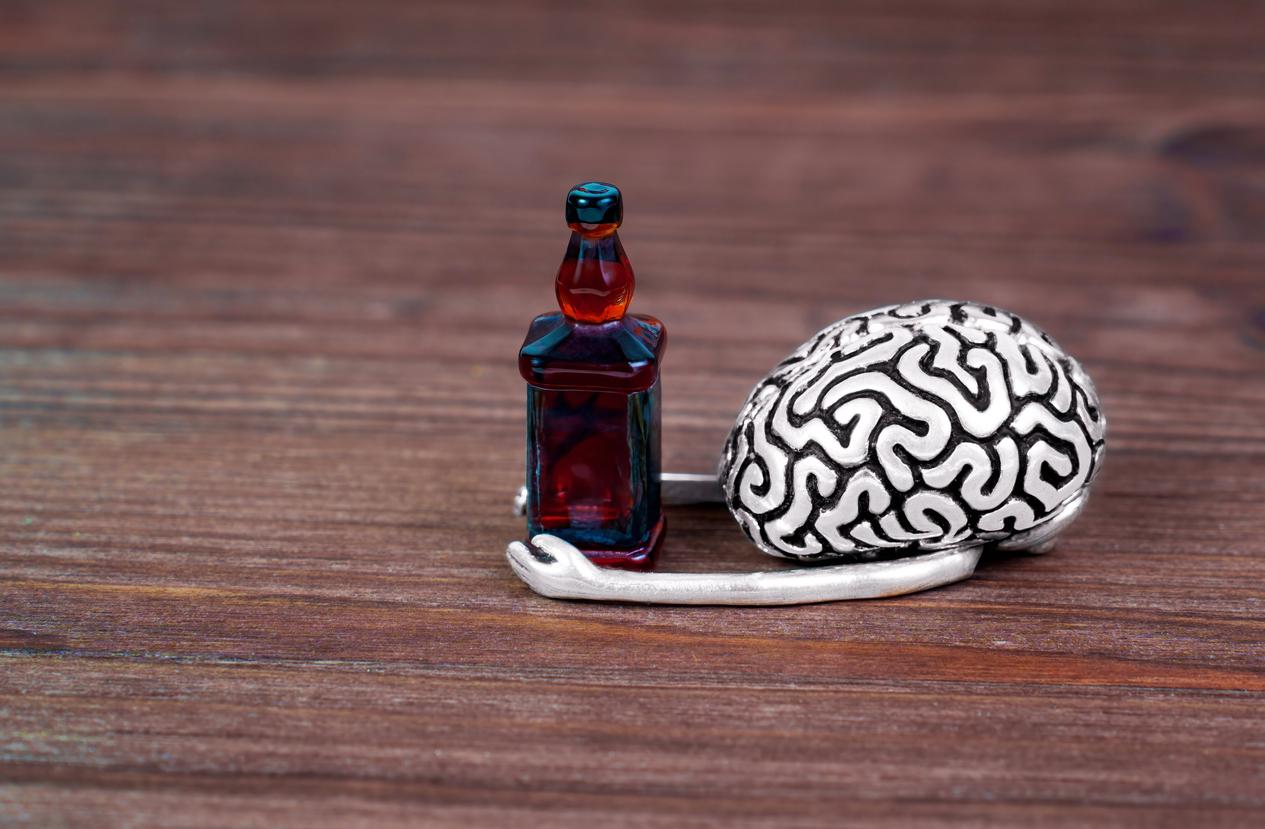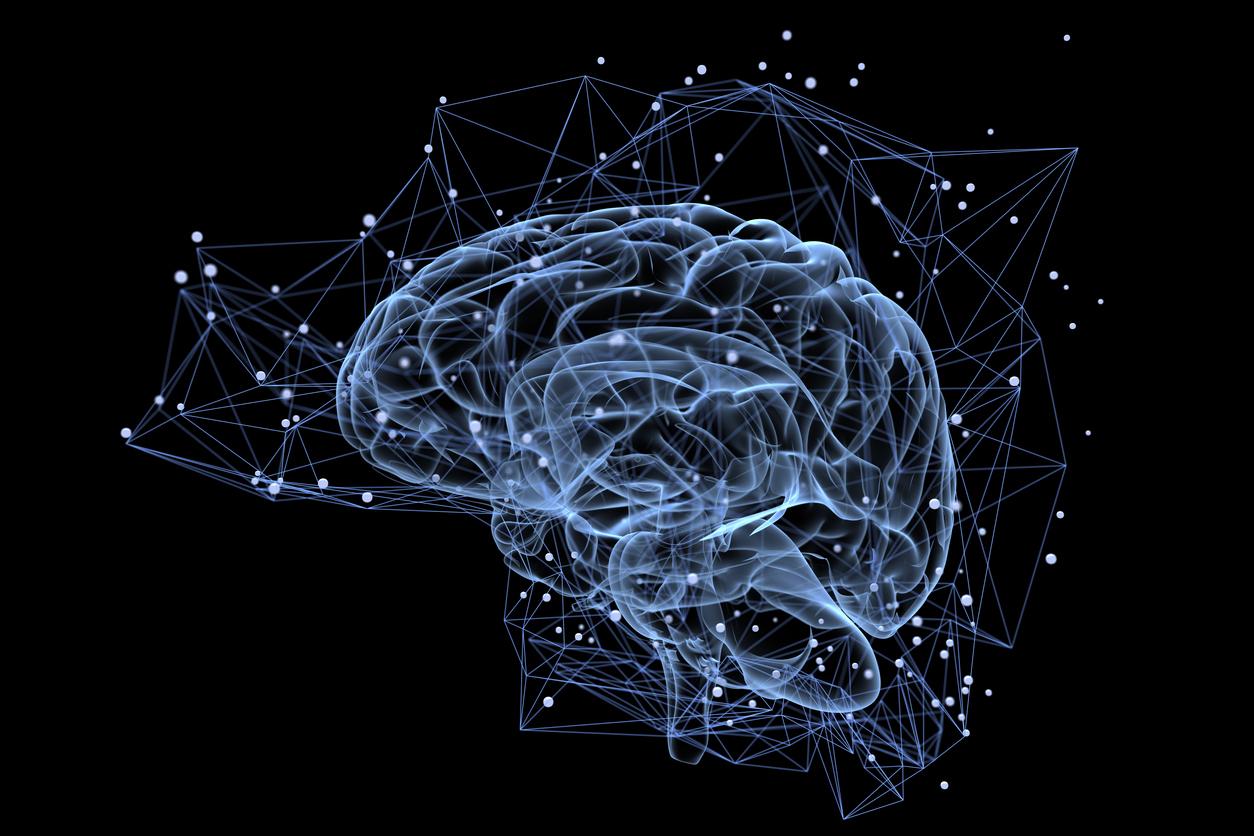Our very distant ancestors would have breastfed their children much longer than today. A practice that undoubtedly played a role in the development of the human brain.

This happened more than 2 million years ago: our ancestors of the genus “Homo” breastfed their children until the age of 3 or 4 years. This is shown by the results, published in the journal Science Advancefrom an analysis of the fossilized teeth of our oldest relatives.
A team of scientists led by the universities of Bristol (UK) and Lyon in France have taken trace amounts of nearly 40 fossilized teeth from early humans of the genus “Homo” in South Africa. They measured the proportions of their stable isotopes of calcium in the enamel of the teeth which gave an indication of the consumption of breast milk by the infants.
An important role in the appearance of traits specific to the human lineage
Thanks to the reconstruction of the development of tooth enamel, the researchers discovered that “Homo” children were breastfed until the age of 3 or 4 and that at this age it still represented a significant part of their food. And they believe that this diet may have played an important role in the appearance of specific human lineage traits such as brain development.
The more recent infants, of “Paranthropus Robustus”, which disappeared about a million years ago and which had a more robust dental anatomy, as well as those of “Australopithecus africanus”, had stopped drinking the breast milk after the first months of life.
A link with the size and structure of social groups
“The development of such behavioral differences probably played a major role in the evolution of members of the human lineage, being associated with, for example, the size and structure of social groups, brain development, or demographics,” points out one of the authors of this work, Dr. Theo Tacail of the University of Bristol.
“However, obtaining information about these behavioral changes from fossils millions of years old is a challenge and, to date, there is little evidence to discuss nursing practices in these fossil species,” acknowledges -he.
.

















